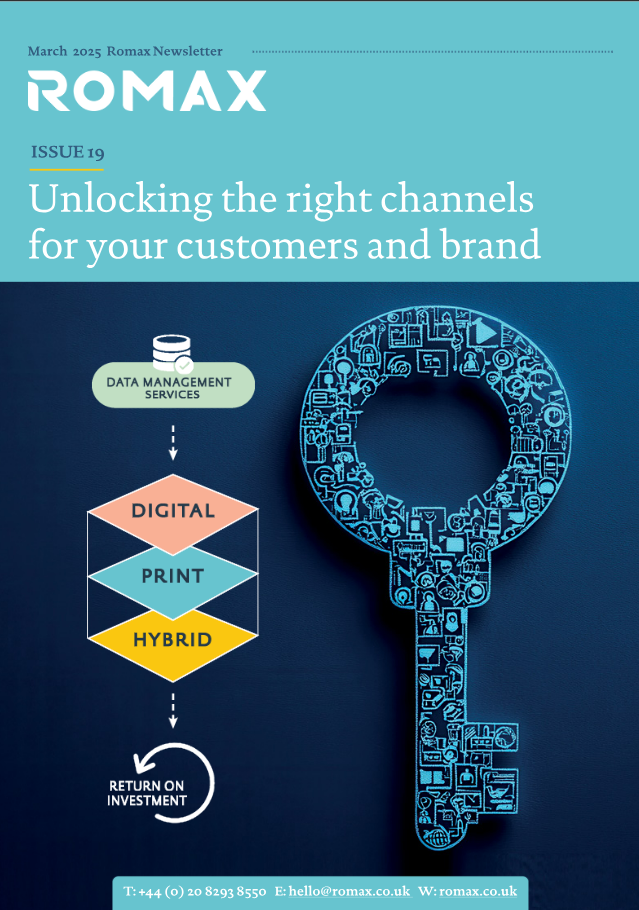The Top Ten Online Learning Platforms are now certifying the achievements of their learners with digital certificates.
The number of online students continues to rise, whether they are enrolled in university courses, undergoing professional training, or taking free or paid courses. A large professional training organisation in the UK for example, is QA Ltd, which trained 480,000 learners in 2022.
In the online learning space, however, the numbers have grown exponentially. In looking at the top ten online course providers below, it is clear that the numbers involved are very large, which is why if you haven’t already embraced a digital certificate strategy yet as a educational, training or course provider, it may be time to seriously consider doing so.
- Khan Academy – Users 137 million (2022)
- Coursera – Users 118 million (2022)
- Udemy – Users 59 million (2022) / 800 million course enrolments in total.
- Google Cloud Learning – Users 40 million+ (2022)
- EdX / 2U – Users 40 million+ (2022)
- AWS Educate – Users 29 million (2022)
- Linkedin Learning – Users 27 million+ (2022)
- Udacity – Users 16.9 millon (2022)
- Skillshare – Users 12 million (2022)
- Learnworlds – Users 5.2 million (2022)


Certificates are designated official documents that individuals or businesses receive upon attaining a certification that certifies their status, achievement, or proficiency.
In the past, Certificates were always associated with a tangible document, one made from paper. This is rapidly changing, with digital certificates replacing paper credentials.
Similar to digital badges, digital certificates can be used to provide more formal digital credentialing. The use of digital certificates offers a great addition to paper certificates. Physically printed certificates still provide a tangible focus to display the results of hard work and achievement of an individual. Digital certificates provide an immediacy and convenience. Digital Certificates can be shared quickly and easily via email or uploaded to direct employers and via job websites. No longer do institutions or employers have to store paper-based certificates or photocopy them or post them out to learners.
In contrast to individual soft skills or individual competencies, digital certificates prove more useful for certifying and validating a full qualification or training course.
Romax’s digital certificate solution will allow membership organisations and education establishments to produce fully encrypted digital certificates in bulk.
The security of Romax digital certificates is top notch too.
Identification / Authentication:
SMS and email verification combined with two-factor authentication if required, ensures that you are communicating with the correct individuals and that they are who they claim to be. This prevents the unauthorised disclosure of confidential information. All certificates are fully encrypted and can have where necessary – blockchain encryption.
Confidentiality:
Email communications sharing certificates are kept confidential. A message can only be read and understood by its intended recipient and sender. The sender has to approve their DNS setup in our cloud (Quadient Cloud) system before they can use client email to send out the certificates via email, ensuring GDPR Compliance.
Integrity:
All parties involved in the delivery process are aware if any tampering has taken place, whether it was an accident or a deliberate act.
Non-Repudiation:
The sender of the message does not have the option of denying sending it, and the receiver of the message does not have the option of denying receiving it either.
Access Control:
The person(s) or entity(ies) who are intended to access protected information are the only ones who may do so. We generate encrypted certificates (password protected) using Quadient Designer/PDF encryption software to prevent unauthorised modification of the shared certificates.
« Digital Membership Cards The Value of Direct Mail »



